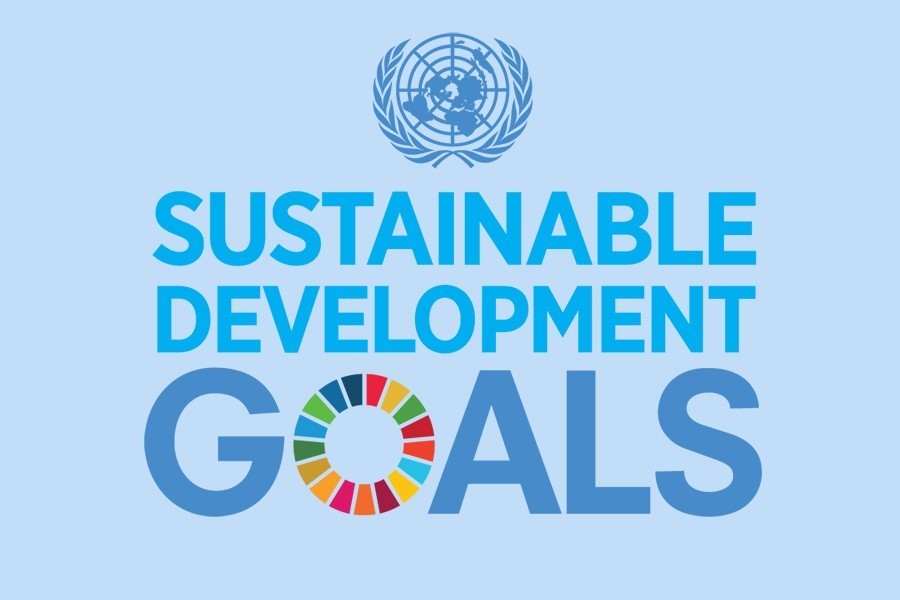Done every year to assess different countries' achievement in their effort to meet the UN Sustainable Development Goals (SDGs) on the environmental front, the study conducted by the Yale and Columbia universities of the USA has this year placed Bangladesh in the 162nd position among 180 nations in its Environmental Performance Index (EPI) scorecard.
Provided as a policy tool for countries to improve on their records relating to environment protection, the assessment is based on 32 performanceindicators spread across 11 issue categories such as environmental health, ecosystem vitality, climate change, pollution level, presence of heavy metal in air and water, and fisheries. Accordingly, it lists the surveyed nations into best performers (leaders) and worst performers (laggards).The aim of the entire exercise is help the nations falling behind on the scorecard to know where they need to improve and make necessary policy interventions or mobilise resources to that effect.
Now considering the previous year's report which put Bangladesh in the 179th position on the EPI scale, this year it shows that the country has moved a notchupwards from the bottom attaining the third position scoring 29 points after India and Afghanistan in South Asia region.
Though somewhat better than what it was last year when Bangladesh was the second worst performer among 180 nations, as things stand according to the EPI standards, Bangladesh is yet to go a long way before achieving a respectablepositionon this performance scale. Given Bangladesh's social, economic, climatic, demographic, geographical and other realities, nothing short of planned, energetic targetedefforts based on best practice methods on the part of the country wouldenableit to make it to the top tier.
Take for example, the frequency of natural disasters attributable to the climate change that Bangladesh is critically exposed to. In such a situation, the task of reachingideal environmental standards calls for generous support of the international multilateral community and agencieswho need to make common cause with us in the fight against climate change.
A look at the EPI scoreboard will make it obvious that the high performing nations are also the ones that, among other positive criteria, are wealthier with very high per capita GDP and of course, advanced democratic governments like Denmark, Luxembourg, Switzerland, and the United Kingdom. Definitely, they owe their success to their ability to invest more financial and technical resources to improve their environmental standards where their standards of governance help to frame appropriate policies to achieve the desired results and meet the sustainable development goals for their environment. Bangladesh's environmental dispensation shouldtake into consideration high population density, rapid urbanisation, high level of pollution in its air and water and so on impacting negatively on its endeavour and find answers to them through reaping demographicdividends.
However, the assessment based on the performance indicators used by the present study group in question reveals a lot about a particular nation enabling it to identify better the areas where it needs to pay more attention in addressing its environmental concerns.
Hopefully, Bangladesh will take its cue from this year's score on the EPI scale, while friendlynations would extend necessary support to address its environmental concerns having global implications.


